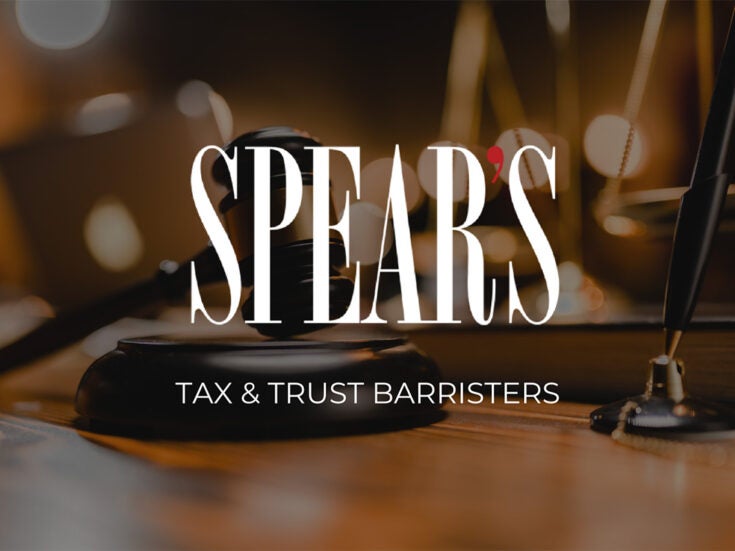
When a private equity house snaps up a business, the usual plan is to overhaul its operations over a set timeframe in the hope of selling up for a handsome profit. After acquiring Pret A Manger for £364 million in2008, the €43 billion PE behemoth Bridgepoint Capital sold the sandwich juggernaut 10 years later in a deal worth a reported £1.5 billion.
Such deals are big business for UK plc, with 2.2 million British workers employed by firms backed by PE and venture capital firms in 2023, according to EY. The money made from such deals is doled out among ‘limited partners’ – those who have provided the capital – and the ‘general partners’ or ‘GPs’, the PE professionals organising the deal.
[See also: What is carried interest and how will Labour’s plans affect private equity executives?]
This is generally done on an 80:20 basis – though the wealthier and more senior PE executives typically also have ‘skin in the game’, investing their own capital.
The share of profits taken by PE professionals is known as ‘carried interest’, or ‘carry’. According to a Treasury analysis, around 3,000 people in the UK receive carried interest, receiving around £5 billion in 2022. Such profits are currently taxed in the UK as a capital gain, at 28 per cent.
Rachel Reeves, the chancellor, has described this tax treatment as ‘absurd’, while Labour’s pre-election manifesto was similarly scathing. ‘Private equity is the only industry where performance-related pay is treated as capital gains. Labour will close this loophole,’ it read. The manifesto noted higher levies could raise £565 million for HMRC by 2028/29 – but it was light on the detail of what the new tax regime would look like, leaving many in Mayfair and the City scratching their heads. ‘There’s a big group that is watchfully waiting,’ Ceri Vokes, a Withers partner who frequently advises PE executives on their affairs concerning HMRC, tells Spear’s.
‘We need a timely intervention by the new chancellor, to give the market certainty.’
[See also: Best private equity and alternative asset advisers in 2024]
Judgement Day
In August Labour consulted PE executives as it developed its plans. A decision is not expected to be announced until the Budget on 30 October – though some soundings from Reeves have given PE professionals a reason to be sanguine. In June she told the FT that for those PE executives putting their ‘own capital at risk’ it was ‘appropriate that you pay capital gains tax’.

So, what could the new government do? For those who aren’t contributing their own capital into deals, Reeves may choose to designate carry as ‘trading profits’, meaning the investment spoils could be subject to normal rates of income tax (up to 45 per cent) according to private client firm Buzzacott. Labour could also choose to raise the tax burden on carried interest payments to be in line with normal employment income taxes – perhaps including National Insurance contributions – which would lead to an effective tax rate higher than 50 per cent.
[See also: Where are the new non-dom hubs? Advisers reveal leading destinations after Labour win]
Carry could get the same tax treatment as dividend payments, which are subject to a levy of 39.35 per cent for additional tax rate payers. Tax rates for carry in the UK are already somewhat less favourable than other Western European nations, including Germany (where some of the carried interest is tax-exempt and some is taxed at 27 per cent), Italy (26 per cent) and Spain (27 per cent). In the US, carry on long-term investments (for more than three years) is taxed at 23.8 per cent.
Some fear the government’s pledged changes might make the City of London less competitive than these other jurisdictions. We’ll find out more on 30 October, when the chancellor reveals the contents of the most hotly anticipated red briefing box in recent years.







